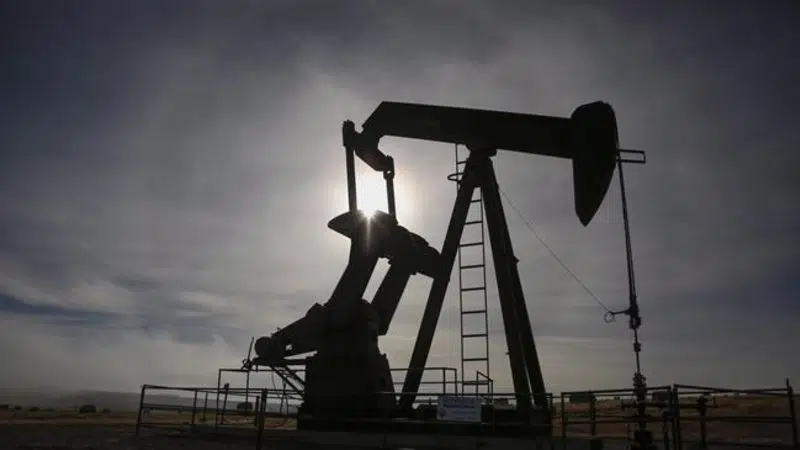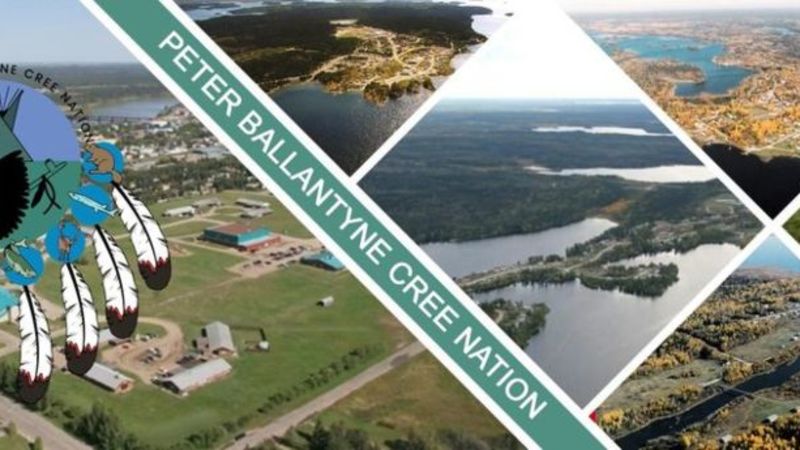
Alberta separation wouldn’t solve problem of landlocked oil: expert
CALGARY — International trade experts say it’s a pipe dream to think the landlocked oil-producing western provinces would have an easier time getting their product to international markets if they were to split from Canada.
“Wexit” — an apparent play on the word “Brexit” used to describe the United Kingdom’s planned departure from the European Union — was trending on social media after the Liberals secured a minority government in last week’s federal election, but were shut out of Alberta and Saskatchewan.
Peter Downing, a founder of the western separatist movement that wants a referendum on separation, has said an independent country in the middle of the Prairies could leverage the United Nations Convention on the Law of the Sea to gain coastal pipeline access.
“We have more freedom as an independent country to get our resources to the coast than as part of Canada,” he said the day after the election.


